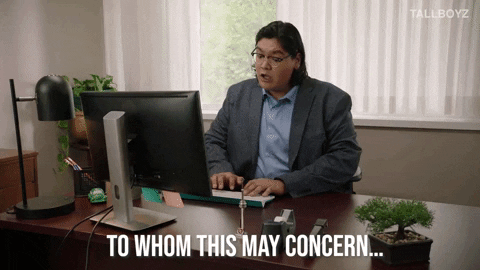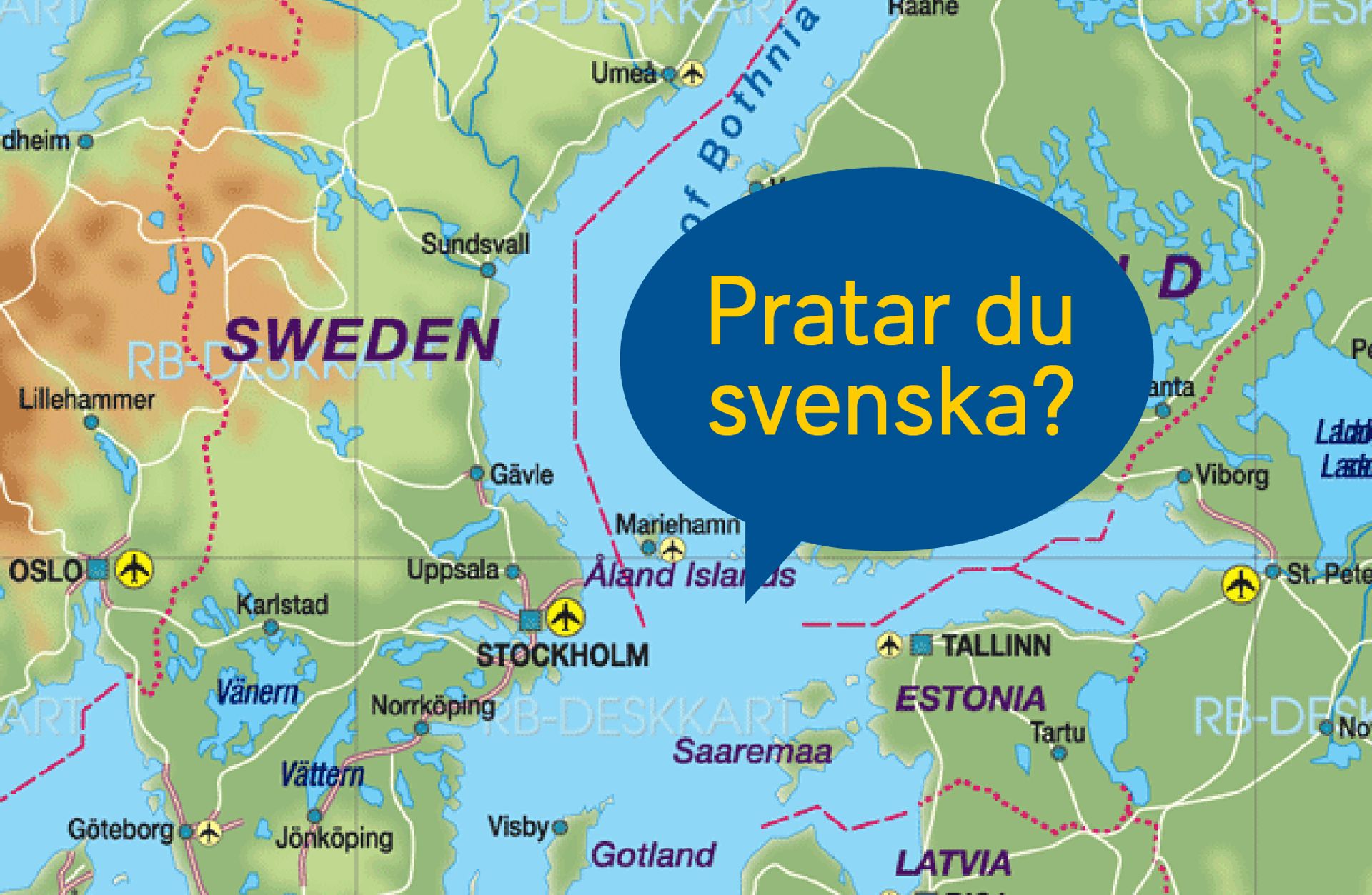
Written by Nozinhle
05 Dec 2022
Yes. That’s right. In Sweden, you are on a first name basis with everybody-including your lecturers!

Culture shock!
Imagine my surprise in the first few months of starting my studies here and my Swedish classmates are calling our lecturers by their first names! The disrespect! I thought. Except, it’s not. In Sweden, it’s fine to call people by their first names. Unless someone is a member of the Royal family or you are at a super formal event (like Nobel Prize ceremony formal), it’s acceptable to address someone using their first name.
Why was this strange for me?
Understand this, all my life, I’ve been raised to believe that calling someone elderly by their first name is disrespectful. In my culture, we do not call anyone other than our peers, or those younger than us, by their first name. Like never! So, parents, community leaders, bosses, lecturers, etc are addressed in some sort of formal manner. This is not only common, but its expected in most academic institutions and workplaces back home.
The Swedish Way

However, the case is different for Sweden. Everybody (literally everybody) expects you to call them by their first name-including your lecturers! While in some cultures, referring to someone as “Miss”, “Mrs”, “Mr”, “Sir”, “Madam”, “Professor”, etc is seen as a sign of respect, this is generally not the case with Sweden. On the contrary, some people may even find it annoying when you do so. People will introduce themselves using their first name, and they expect you to use it.

It’s not a European thing
At first, I thought maybe this was the norm in Europe, but I was wrong, of course. Other international students from countries like Germany and Italy will tell you that they are also expected to be formal when addressing their teachers and lecturers. Even in work environments, the conduct with bosses and colleagues is also expected to be quite formal.
First name != Disrespectful
It’s important, however, to note that addressing people by their first name does not mean treating them like they are your friends/peers or that you are disrespecting them. Neither does it mean that institutions and organisations do not have some sort of formal approach. They do.
How I choose to view it, is that being on a first name basis with people helps cement the idea of equality, which makes it easier to communicate without being overly hung up on whether you are addressing the person properly. This is especially helpful for me when I have to write emails! I can literally write ‘Hello’ as a salutation and move on to the core of the email without stopping to overthink about whether I should have said ‘Dear Ma’am’, ‘Dear Mrs…’ or ‘Good day’.

Final thoughts
So, this is one of the cultural dynamics I’m dealing with in Sweden. Yes, I said ‘dealing with’ and not ‘dealt with’ because, yes, even after over a year of being here, its still a challenge for me to find myself calling older people by their first name. I find it more comfortable to just drop the name and say ‘Hello’ or ‘Good morning’ instead of ‘Hello Anna’ or ‘Good morning, Erik’ to my lecturers. Maybe one day I’ll outgrow it – maybe not.
Till next time, hej då!!




